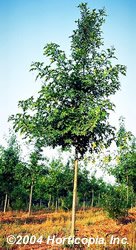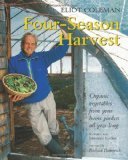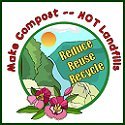You are here:
Home > Trees > Nuttall Oak
Nuttall Oak
Quercus nuttallii

Price Each
$24.95

Nuttall Oak:
The Nuttall Oak tree, Quercus nuttallii, was not distinguished as a species until 1927. It is also called red oak, Red River oak, and pin oak. It is one of the few commercially important species found on poorly drained clay flats and low bottoms of the Gulf Coastal Plain and north in the Mississippi and Red River Valleys. The acorn or winter buds identify Nuttall oak, easily confused with pin oak (Q. palustris). The lumber is often cut and sold as red oak. In addition to producing timber, Nuttall oak is an important species for wildlife management because of heavy annual mast production. Nuttall Oak trees are a good choice for low poorly drained locations. During winter, squirrels find a ready supply of acorns, since many acorns remain on the tree into January. Acorns are favored by deer and also eaten by turkeys.

FREE Garden Journal!!
Join "Garden Notes" and plan for Harvest Success as you track and record your gardening progress.
Your Free Personal Garden Journal has pages for jotting down notes on the seeds you start,
your new plantings, when you fertilized, and even a graph to plot a new garden.
What's New?
"Organic food has a higher nutritional value than ordinary produce, a study by Newcastle University has found."
"A team grew fruit, vegetables and reared cattle on adjacent organic and non-organic sites across Europe.
They found up to 40% more antioxidants could be found in organic fruit and vegetables than in non-organic.
The team said the findings call into question the current stance of the Food Standards Agency (FSA), which is neither for nor against organic food."
Organic Food Gardening Guide
Free
Gardening Catalog
Click Here
Book of the Month

A book full of valuable information on how to harvest fresh vegetables and salad
ingredients literally year-round--yet without an expensive greenhouse or indoor light garden set-up.
Coleman combines succession planting (small sowings three or more times, rather than
one big endeavor) with cold-frame growing in the winter months. He includes how-tos for building simple cold-frames.
Read More...
Garden Tip of the Day










